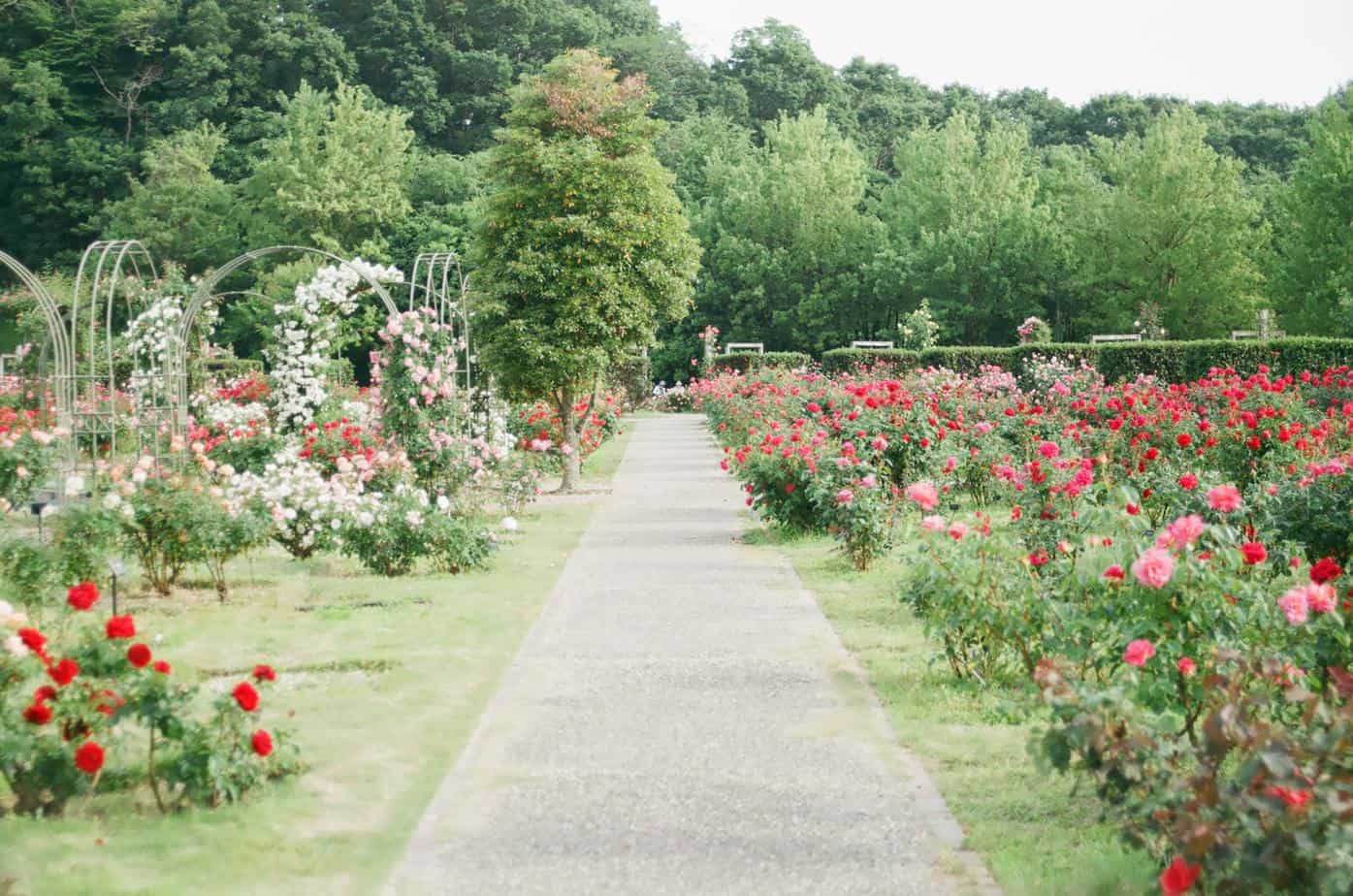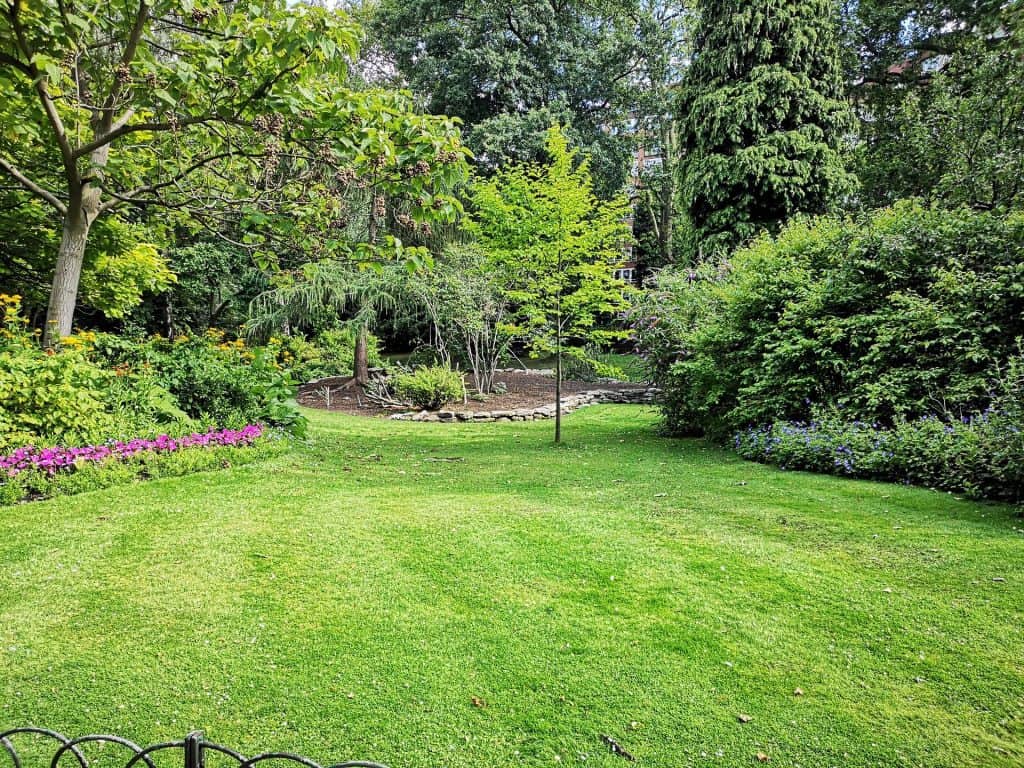If you have a green thumb, you may want to consider doing green gardening. Green gardening is a term that refers to several organic gardening techniques that emphasize the use of natural materials and sustainable practices. These three techniques are used in green gardening: permaculture, organic gardening, and natural landscaping. By following these simple steps, anyone can become a “green gardener”.
Table of Contents
What Is Green Gardening?
Green gardening is a term that refers to several organic gardening techniques that emphasize the use of natural materials and sustainable practices. These three techniques are used in green gardening: permaculture, organic gardening, and natural landscaping.
What exactly does this mean? The idea behind green gardening is to practice using only eco-friendly materials for plant maintenance. Organic gardening emphasizes the use of non-synthetic fertilizers, whereas permaculture uses natural fertilizers from plants and animals. Natural landscaping includes the planting of native plants as well as those with attractive blooms or other interesting features. In addition to these methods, green gardeners also try to reduce their carbon footprint by choosing environmentally friendly products for their yards.
How can you become a “green gardener” yourself? There are many ways you can incorporate these principles into your garden. One way is by using mulch or compost made from 100% recycled materials such as newspaper or manure from your animals to keep weeds down and provide nutrients to plants. You can also make your fertilizer from household items like eggshells, coffee grounds, fruit peels, or grass clippings–all things most people have around the house! If you need some inspiration for what plants might work best in your yard, do some research on native plants in your area since they’re already adapted to local conditions and require less water than traditional plants.
Benefits of Going Green Gardening
There are many benefits to practicing green gardening. If you’re looking to reduce your carbon footprint, one of the best ways is by planting a garden that doesn’t require chemical pesticides or fertilizers. By using organic soil and natural plants, you can protect against runoff into waterways ─ this will help preserve the environment and avoid contaminating the earth with chemicals.
Green gardening also reduces household waste by eliminating the need for excessive packaging. You can save money by choosing organic plants instead of buying them in containers. Plus, the use of compost will return nutrients to your soil over time. This means fewer trips to the store for fertilizer, which is great for limiting our carbon footprint.
How To Become A Green Gardener?
If you are interested in becoming a green gardener, there are three techniques that you can use. Permaculture is the most prevalent of the three techniques because it emphasizes finding ways to integrate nature into your garden so that you can produce food for yourself and others, while also making sure to have a habitat for wildlife. Organic gardening is another popular method because it uses natural materials or substances in its practices so that it doesn’t harm the environment. Finally, natural landscaping is a relatively new technique but has many benefits, like using native plants instead of invasive ones.
There are three simple steps to becoming a green gardener:
• Educate yourself about the basics of green gardening
• Apply those basics to your current gardening practices
• Implement sustainable practices in your everyday life.
The first step is self-explanatory: you’ll want to educate yourself on the basic principles, techniques, and methods of green gardening. This includes understanding how to use natural materials, avoiding using synthetic fertilizers or pesticides, and using organic food sources. The second step helps you apply these basics to your current gardening practices. If you’re already a gardener, you can try switching up your routine by substituting certain things with more environmentally friendly options. For example, you could start using organic mulch or compost instead of chemical fertilizers.
You can also start planting native plants rather than exotic ones that may need more attention and resources for upkeep. The third and final step is the most important: implementing sustainable practices in your everyday life. You want to be as environmentally conscious as possible in all aspects of your lifestyle – this includes what you eat, how you get around town, and what kind of home appliances and technology you use. Try making small changes every day that will help reduce waste and improve sustainability!
Green Gardening Ideas
The following are just a few of the many ways in which green gardening techniques can be used in your yard or garden:
- Place plantings in clumps closer to the ground
- Avoid using fertilizers and pesticides
- Use mulches, ground cover, and deep-rooted plants to keep weeds down
- Select drought-tolerant plants for regions with low rainfall
- Avoid lawns – they require frequent mowing and watering.
- With a little creativity and elbow grease, you can make your compost from kitchen scraps. It will enrich the soil while stimulating healthy root development as well as improving texture in addition to increasing water retention for plants! Why spend money on commercial products when we have all this wonderous free resource?
- Add worms or go without if that’s what works best with time constraints but either way know there are no excuses now because everyone has access to compost made just how they want it.
Green Gardening- Conclusion
To become a green gardener, you need to know what it is. Green gardening is the practice of preserving the environment, conserving natural resources, and maintaining sustainable landscapes. All of these are achieved by using environmentally friendly practices in the garden.
To start green gardening, the first step is to find out what you are allowed to do in your garden in your region. What certain plants are native to your area? What are good ways to conserve water in your area? What are some efficient ways to mulch? There are three major benefits of going green: preserving the environment, conserving natural resources, and maintaining sustainable landscapes. These are all achieved by using environmentally friendly practices in your garden.
Check out similar posts


